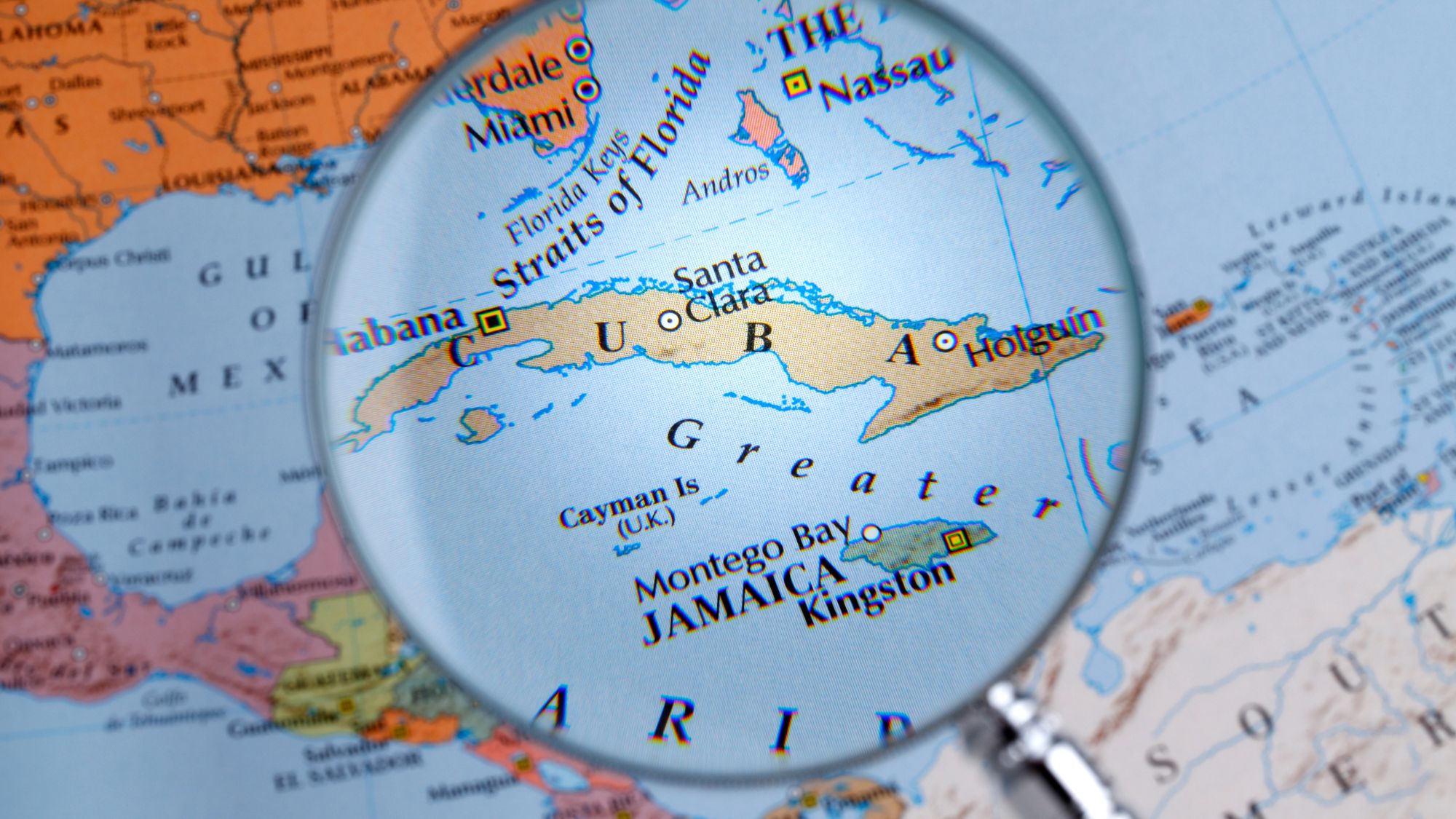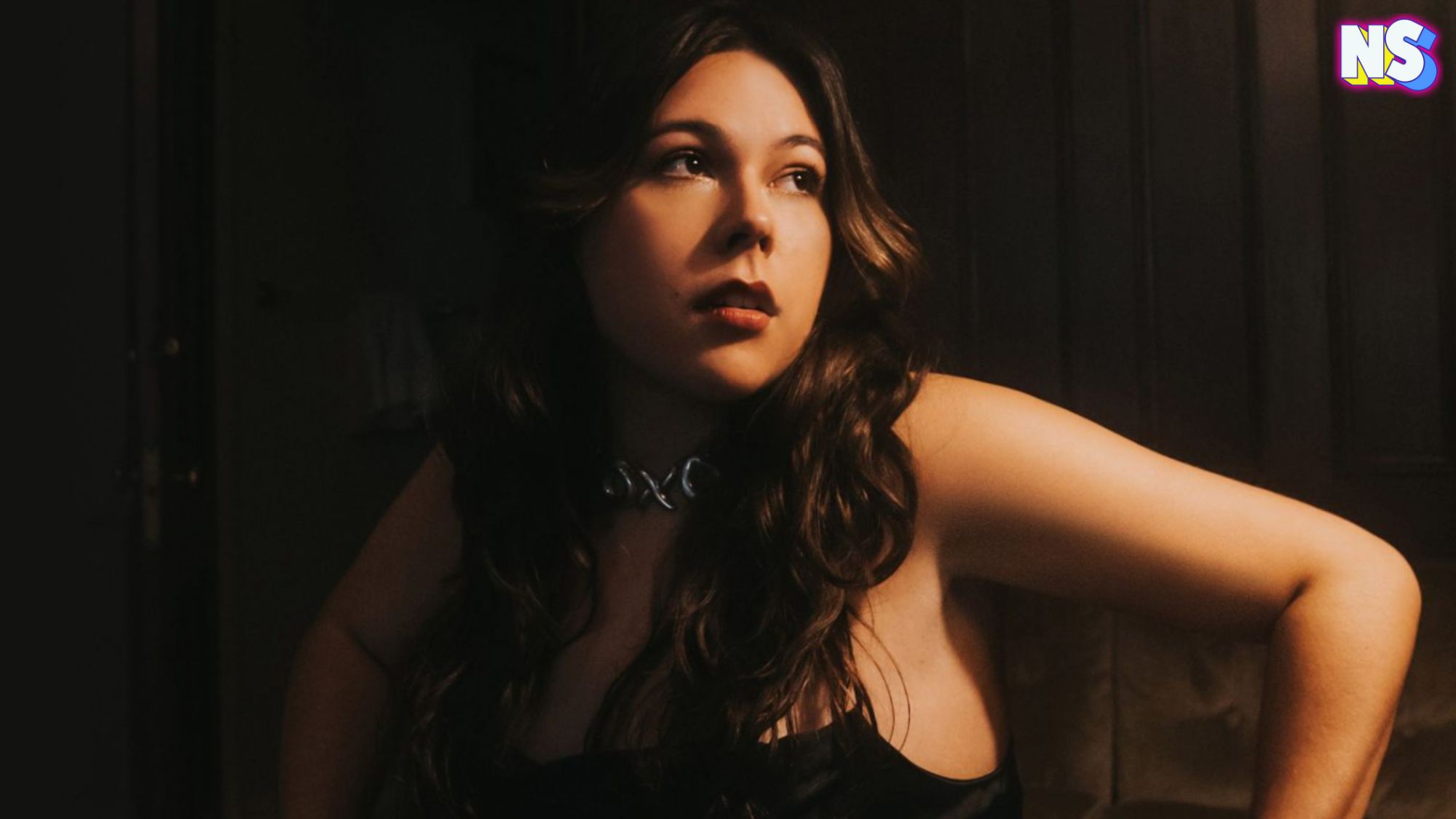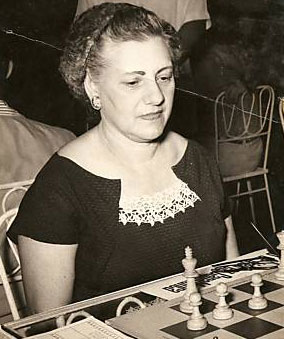They're from all over the world. From Scotland to Ecuador — to Angola, Ecuador and Miami —, young Cubans come together on film, for the first time, to tell their stories of growing up Cuban, outside of Cuba. In the new documentary Hijos de la Diáspora, 21 young Cubans share stories of adapting to life between two cultures while preserving their Cuban identity despite separation and alienation. It’s all the brainchild of a fellow child of the Cuban diaspora, Lunes Oña.
The Making of Hijos de La Diáspora
Oña, the 60-minute film’s 23-year-old director, took his life experience as a starting point. “The concept arose in 2021,” he told Diario Las Americas. “I was born and raised in Madrid, we lived in Panama for three years and experiencing different cultures, from a home that always remained Cuban, motivated me to explore other similar stories and develop this documentary with my mother. The greatest inspiration was living in Miami, where everything brings you closer to Cubanness.”
The film reveals the persistence of Cuban culture amongst the children and grandchildren of the Cuban revolution, in their own words. Viewers soon learn that many of the participants have never visited the island or have only vague memories of it. However, all 21 hijos identify as Cuban and are proud of their culture.
The film explores the experience of living between two cultures — the Cuban home culture and that of the host country. The interviewees, who were born or raised in Miami, New York, Canada, Venezuela, Colombia, Ecuador, Mexico, Spain, and more, share similar experiences.
Behind the Scenes
One of the most difficult aspects of making the film, the director says, is knowing the history of his parents' country. Like many children of the Cuban Diaspora, he grew up in a different education system that didn’t teach much about Cuba.
“Considering that I grew up in Spain, lived in Panama for three years, and have now spent seven years in Miami, you can imagine that having studied in three different educational systems has diversified my knowledge and experiences, but it has also made it difficult for me to study the history of Cuba,” Oña told Cubaentcuentro. “Filming the documentary has allowed me to learn a little, but I still have a lot to learn.”
He added: "Watching documentaries about Cuba helped in the process and my producer was very important in understanding the chronology. Our conversations about Cuban history have helped me understand a little more, as well as editing the testimonies of the participants for so many hours.”
His mother, the film’s producer, also played an essential role in the project.
“I feel very happy to have done this with Lunes,” she said in a recent interview. “It has been a very beautiful experience because the gap that Lunes and her generation have, those who grew up outside of Cuba, in regard to the history of Cuba, is significant. They haven’t studied it. Well, we also studied a version of Cuban history that was worse, very full of gaps and altered information.”
Where to Watch
The film premiered in Miami at the American Museum of the Cuban Diaspora, in front of a crowd made up mostly of Cuban Americans. It was accompanied by the discussion “The Other Corner of Words,” hosted by poet Joaquín Gálvez.
The film is currently being shown at universities in Miami and South America. The best way to keep up with upcoming screenings and events is by following the film’s instagram account.





